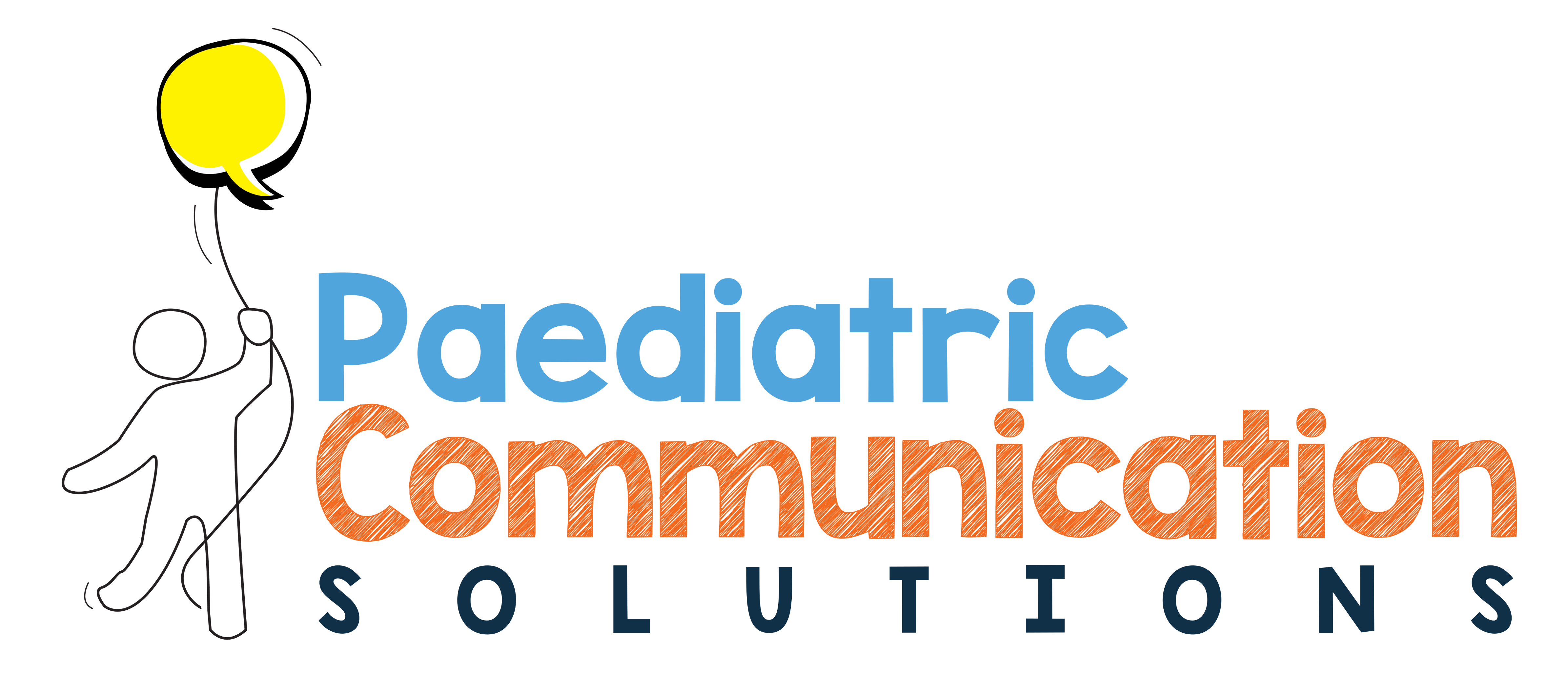17 Jan The Importance of Early Intervention
At PCS, we’re all about early intervention! Early intervention for children happens between birth to 36 months. For us, it’s never too early to begin speech and language therapy.
What We Know:
- The majority of brain development happens within the first few years of life
- Earlier experiences are critical for brain development
- Language in earlier ages can impact later academic performance and success
Many parents and even some professionals are content with the wait and see approach, that is, waiting before seeking assistance with their children’s speech and language, even if there are concerns. However, we’re happy to see that this is somewhat changing! Seeking out speech and language services (as well as other related services) is now recommended for children with a wide range of speech and language problems. Without the ability to understand language and communicate, children can be prevented from accessing the multitude of early experiences that mould them into adults. The earlier that services are delivered, the more likely children are to develop effective communication.
Get Started Early:
Babies as young as 3 to 6 months can benefit from intervention, although most children tend to start between the ages of 12 to 36 months. In the Bahamas, there are a limited number of speech and language therapists, so the process of starting up services can often take some time. With this in mind, initiating the process when an issue is first suspected (even if it’s just a gut feeling) is important. Many parents may start acting on exploring areas of concern around 24 months, but there is no harm in seeking a professional’s opinion sooner if some concerns are noted.
Playing With a Purpose:
What does a speech-language therapist do in early intervention? As very young children have not yet developed the thinking skills of older children, the techniques utilised for early speech intervention look a bit different than that for an older child. Usually, therapy is embedded into play and games. It might look like we’re just playing, but we are actually working on important skills needed in order to be able to communicate more effectively, such as joint attention, imitation, establishing, cause and effect, initiating, using gestures, comprehension, vocabulary development and the list goes on! Early intervention also involves caregivers and parents, who are able to learn about what their own child is capable of and what their child needs to learn. Therapists will provide strategies that parents can then use to play and interact meaningfully with their children at home, while working on their speech and language goals.

Some Advice!
- Read information on milestones from reputable sources
- Go with your gut feeling. If you are concerned about your child's development, do not ignore it or wait to take action. No matter how young your child may be, it is better to err on the side of caution and get a professional's input.
- Go with your gut feeling. If you are concerned about your child's development, do not ignore it or wait to take action. No matter how young your child may be, it is better to err on the side of caution and get a professional's input.
- If your child has a confirmed diagnosis (e.g., Cerebral Palsy, chromosomal anomalies) it is best to consider starting up services from birth.
- Don't wait! It’s never too late to start… but we do know the outcomes are much better if you start early.


Sorry, the comment form is closed at this time.